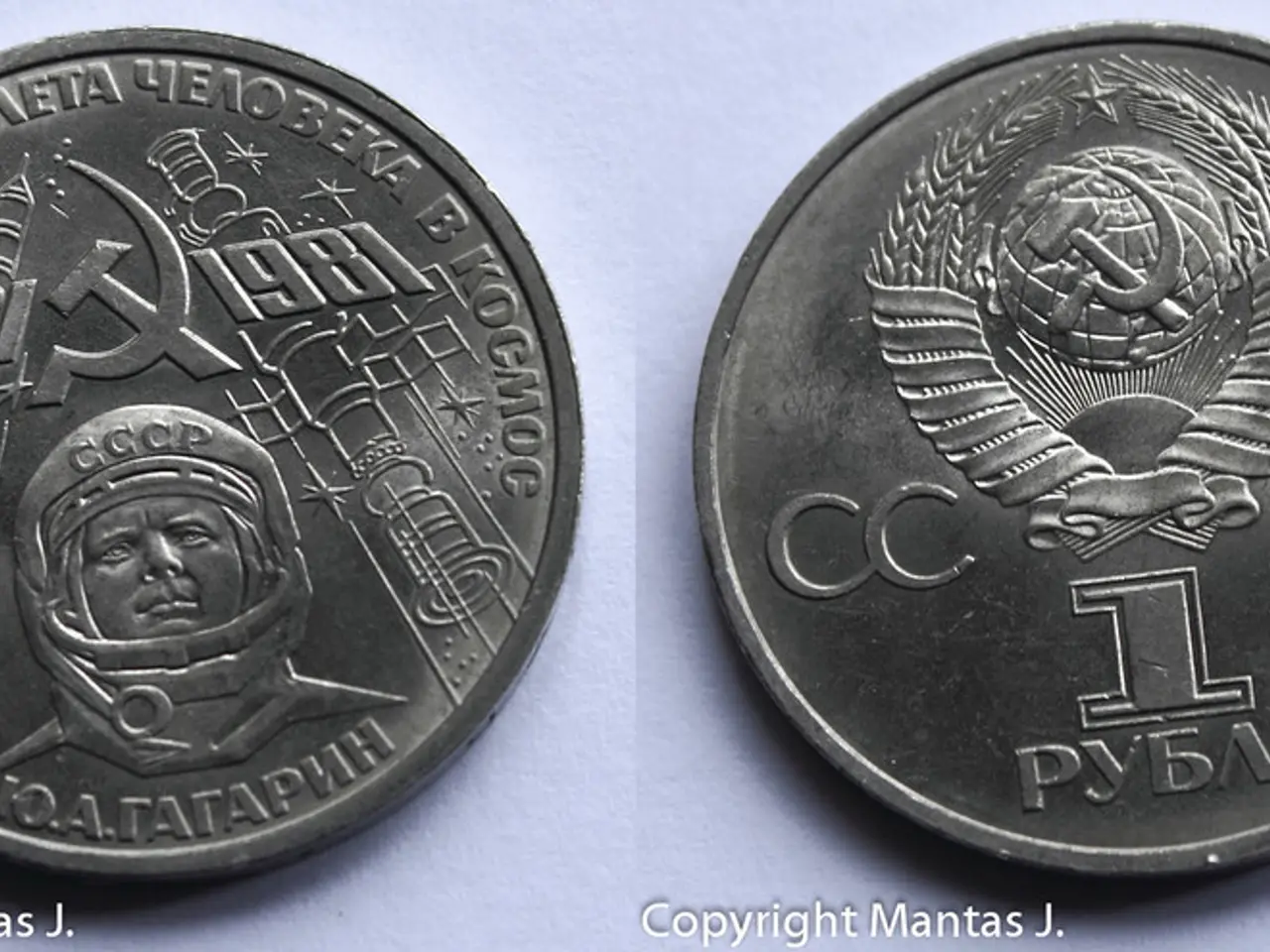The mutual double taxation agreement between Kuwait and Saudi Arabia takes effect.
In a significant move towards enhancing economic ties, Kuwait and Saudi Arabia have officially approved the Double Taxation Avoidance Agreement (DTAA) with Decree-Law No. 80 of 2025. This agreement aims to avoid double taxation on income and prevent tax evasion and avoidance between the two countries, thereby fostering a more transparent and coordinated tax environment for businesses and individuals operating across both nations.
The DTAA, signed in Riyadh on December 4, 2024, is designed to eliminate the risk of double taxation on income generated in one country by residents of the other, prevent tax evasion and avoidance, and facilitate smoother economic relations. The agreement covers various income categories such as dividends, interest, royalties, business profits, income from technical services, income from independent and dependent personal services, directors' fees, income earned by artists, athletes, and government employees through pensions or services, income from royalties, and income from capital gains.
Article 1 outlines the scope of the agreement, specifying the individuals and entities covered, while Articles 21 and 22 grant exemptions to teachers, researchers, students, and trainees, immunizing them from relevant income taxes during their time in the host country. The agreement also addresses income earned by government employees through pensions or services, and income from real estate, transport sectors (land, sea, and air), partnerships, and capital gains.
The implementation of the agreement is expected to boost cross-border investment, reduce tax-related burdens, and strengthen economic cooperation between Kuwait and Saudi Arabia. The agreement is a testament to the commitment of both governments to enhancing economic ties and supporting regional investment flows through fiscal cooperation and transparency, consistent with broader Gulf Cooperation Council (GCC) efforts in the area.
The DTAA also includes provisions for the exchange of information and mutual assistance in tax matters to combat evasion, as well as procedures for resolving disputes or cases of double taxation. The agreement entered into force following its publication in the Official Gazette, Kuwait Alyawm, on a specific day.
This agreement underscores Kuwait and Saudi Arabia’s commitment to fostering a favorable tax environment for cross-border economic activities between the two countries, thereby promoting regional investment flows and economic growth.
The Double Taxation Avoidance Agreement (DTAA) signed between Kuwait and Saudi Arabia serves to facilitate smooth business relations by eliminating the risk of double taxation on income generated in one country by residents of the other. The agreement, implemented to boost cross-border investment, reduction of tax-related burdens, and strengthen economic cooperation, covers various income categories such as dividends, interest, royalties, and capital gains, among others.




